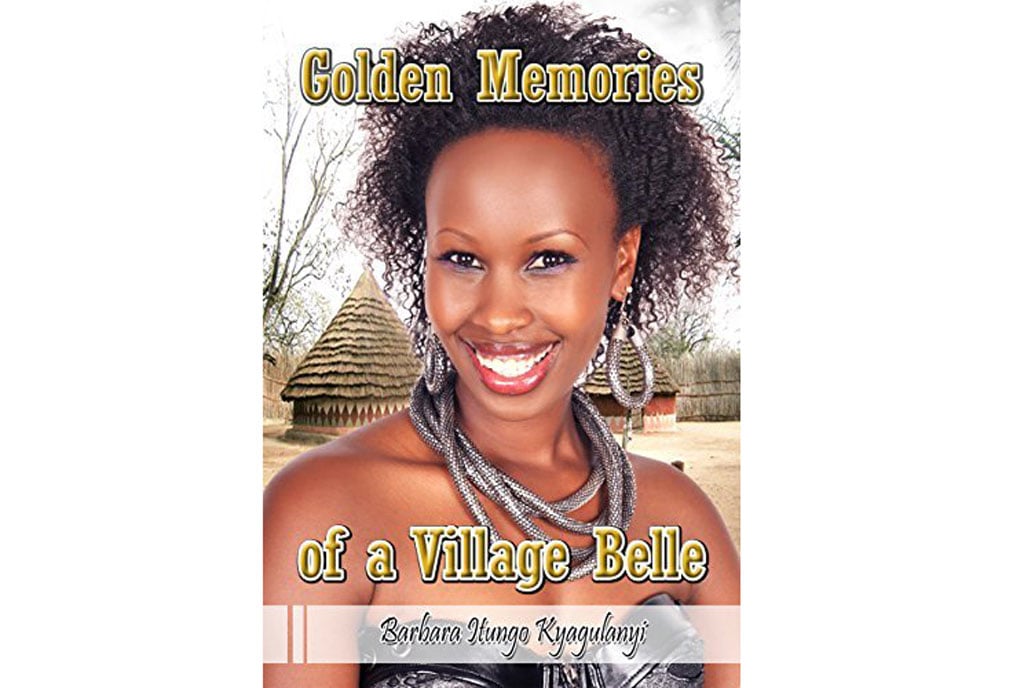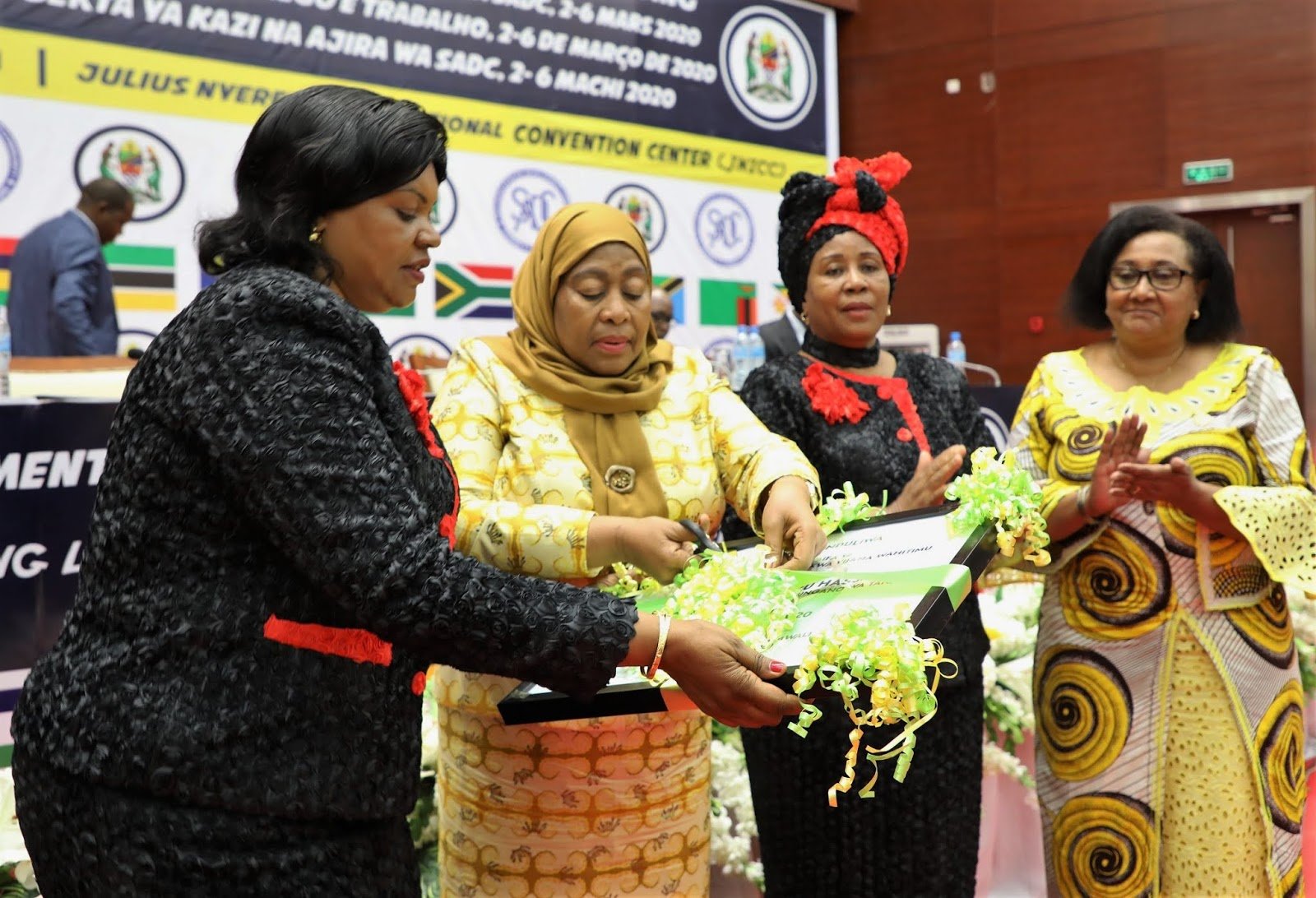Prime
Book review: Barbie Kyagulanyi's memoirs of a village belle

Book cover. PHOTRO/COURTESY
What you need to know:
- Book title: Golden Memories of a Village Belle
- Author: Barbara Itungo Kyagulanyi
- Pages: 81
- Price: Shs21,500
- Where: Aristoc Booklex.
- Published: 2011
Barbara Itungo Kyagulanyi is familiarly known as Barbie, a fixture on Kampala’s social register.
Apart from being a philanthropist, she is celebrated as the wife to Ugandan pop artist and top-flight politician; Robert Kyagulanyi Ssentamu, alias Bobi Wine.
You would think that being a model mother, devoted wife and successful individual in her own right would be enough for her, but no. She is also an author. Her autobiography “Golden Memories of a Village Belle”, published in 2012, is revelative of her formative years. As a child, she was called Kyomu; a pet name given to her by her grandmother.
Written in a conversational style which draws the reader in with the author’s eagerness to share, Barbie’s story begins with an election. That is a Local Council (LC) election, to be precise. Kyomu’s uncle, Eric, a respected veterinary doctor, is running for LC 1 chairman, a post he has contested for seven times; winning each race. Still, he is power-hungry (in way that Barbie’s husband Bobi would disprove of).
Indeed, he is so hell-bent on making each vote count that he deploys a minor, Kyomu, to a trading center called “Omukayenje.”
This is in Ntungamo district, western Uganda. Her brief is clear: Kyomu is to watch every voter who Uncle Eric bought booze and report back to him. So Kyomu watches, Argus-eyed, the lines which make up Uncle Eric’s support, and those of his opponent Kakira. “Is Agaba in my line?” he asks.
Yes, Kyomu whispers. Children are not allowed in Omukayenje, so she must remain undetected. “And Kagyegema?”
“That one is in Kakira’s line,” Kyomu replied. “He is going to pay the beer I bought him,” Uncle Eric fumed. Beyond that election, which Uncle Eric wins handily, the book goes on to describe the rural setting in which Barbie was raised. Her nuclear family and extended family lived in a homestead of five families. This setup could vaguely be described as a hutment; but their houses were not mud-and-wattle or were they given to the architecture of a military encampment.
ALSO READ: How to be…the virtuous Barbie Kyagulanyi
Still there was a spit-and-polish orderliness to this homestead befitting a military camp. All her paternal uncles had built their homes on Kyomu’s grandparents’ thirty acres of land. The families lived harmoniously, with Uncles Eric and Davis being the stars of this ensemble cast of villagers.
Her Uncle Davis was something of a hard-bitten disciplinarian whose drunken exploits endeared him to the children in the homestead. In this unspoiled countryside, Kyomu distinguished herself as a dancer.
“I swayed my hips and my wiggly stomach amazed them,” she said of her moves at an ‘illegal’ school disco, which the headmaster prematurely puts an end to.
Here, we see the rebellious streak in the author as her adventures betray her willingness to the test the limits of what is permitted. When her father travels to Holland at the start of part 2 of this book, the author reveals a charming rustic naiveté.
“We used to think it (an aeroplane) was reserved for President Museveni. Every time we noticed a plane in the sky, all of us would parade outside and wave biding President Museveni bye, bye. I never imagined a plane on the ground,” she writes. She then relates how she went to St. Hellen’s Girl’s School, which was peopled by blind pupils. The author then shows us how her name is written in Braille.
Braille is a form of written language for blind people, in which characters are represented by patterns of raised dots that are felt with the fingertips. Barbie then passes her Primary Leaving Examinations. Thereupon, she enrols in and comes of age at Bweranyangi Girls’ Secondary School.
It is there that marriage crosses her mind, quite unlike when she was a pubescent village belle and was told that if fire ants land on a girl’s bed, that girl would soon get married. Since and her age mates did not even consider marriage an option at the time, they shooed away the fire ants before they could park their tiny selves on their beds. At Bweranyangi, however, the girls were told their future husbands would come from either Ntare School, Mbarara High School, St. Kagwa High School or Runyonza Senior Secondary School.
Instead, Barbie was besotted with a guy who was “fun to be with” and “extra professional.” Yes, Bobi Wine. Although an engaging account of Barbie’s early life, it does feel in some areas that the author is marking time.
Her anecdotes are generally amusing, when she takes her eye off the reader and simply writes as she wishes.
When she does this, her free spirit casts a narrative spell on the reader. The ending, however, affects the flow of the book because it comes abruptly. It is almost as if she got tired of sharing her story and decided to she had something better to do.




